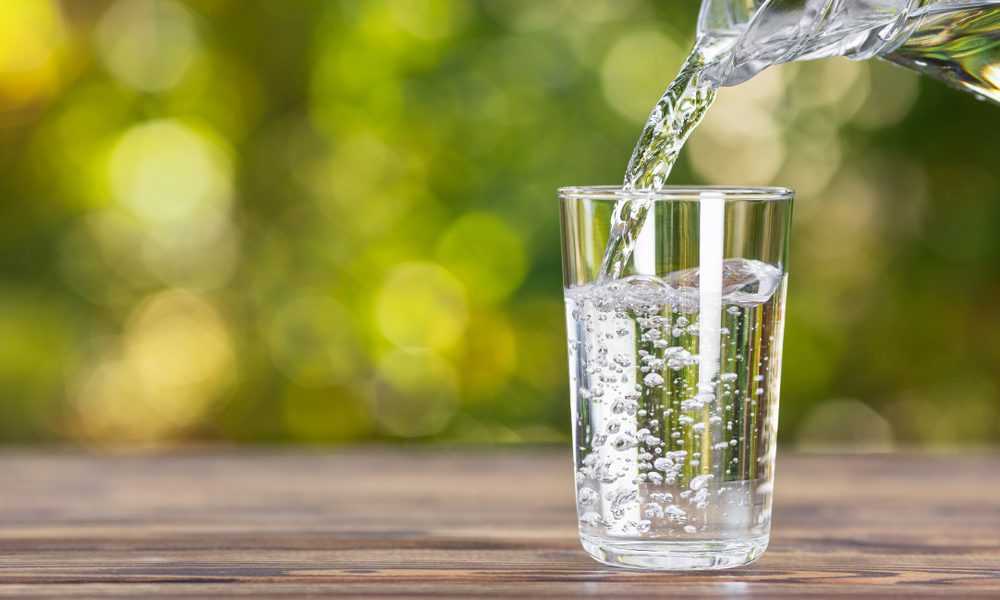
What is Dry Fasting? Health Experts Reveal the Truth About This Trendy No-Water Diet

Dry fasting, or a water-free diet that restricts the intake of water, has gained attention as it has become an online trend these days. However, health experts are warning people that this type of diet brings about serious dangers to our health.
This dry fasting trend is being practiced and promoted by Sophie Prana, an Austrian influencer who has 18,700 Instagram followers and 2,350 Youtube subscribers. She uploaded a video of her no-water diet and described it even described it as the best option for the body, as well as the environment.
Prana said that she has stopped drinking water for a year now. She also explained that body muscles are made up of 99 percent water molecules, which was proved to be incorrect by USGS since the body actually consists of 79 percent water. With that, her “scientific” reasoning concluded that the water in our cells is a “highly structured water” that contains special properties, and is not only made of “regular water.”
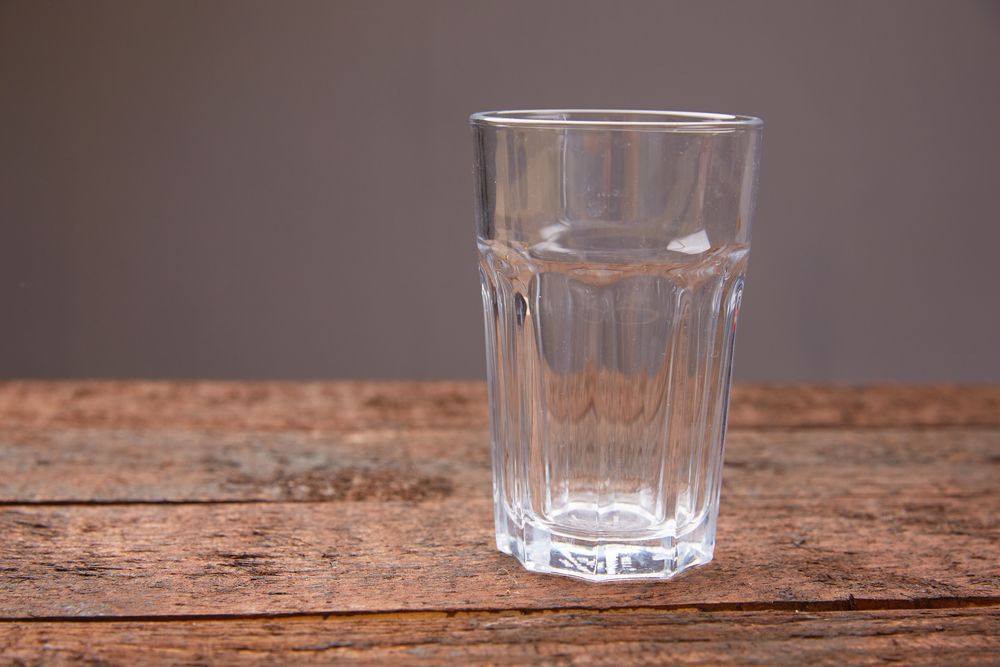
Malochka Mikalai/Shutterstock
Social media influencers have been into this new diet fad, Dry Fasting.
She cites “highly structured water” as “living water”, an H302 or the fourth phase of water. Compared to regular water, Prana stated that H302 is more dense and alkaline. It also contains a negative charge that holds the body’s vitality and at the same time delivers energy.
Since Prana has totally ditched her regular water intake, she stressed that her body’s only source of rehydration should solely be from “living water” supplied by fruits, vegetables, and coconut water. Strictly consuming only these “purest form of H302,” she told Caters News Agency that this has helped her relieve the swelling in her skin and joints.
Another influencer that advocates dry fasting is Alice Copilet, who said that the no-water diet can help resolve skin conditions such as rashes, acne, allergies, cysts, and psoriasis.
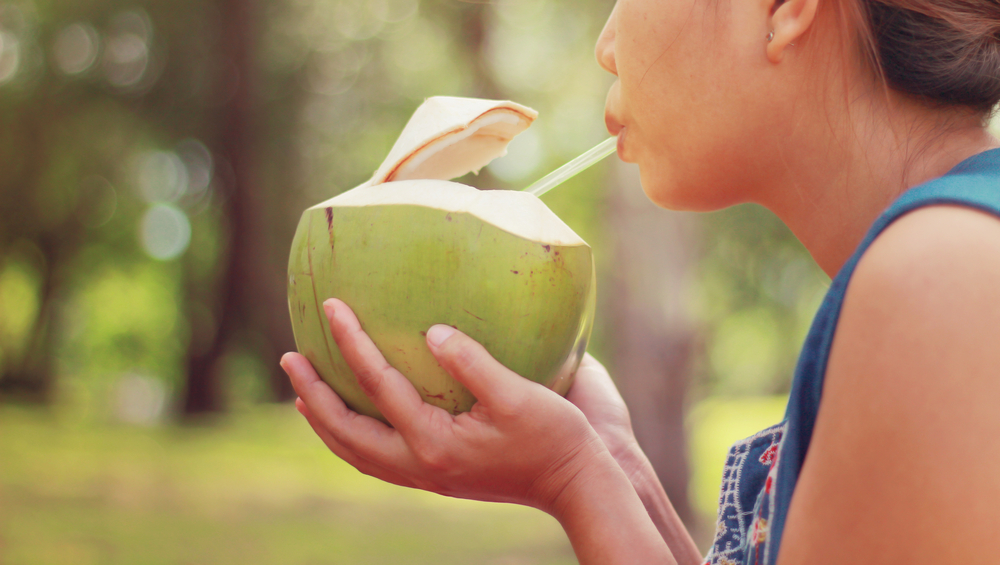
TBStocker/Shutterstock
Instead of drinking regular water, those who are on a dry fasting get “living water” from fruits, veggies, and coconut water.
So, why is dry fasting dangerous?
Lifestyle experts like Prana and Copilet label this water-limiting diet as a “wellness” trend, but health experts are actually against it. Culinary nutritionist Jackie Newgent, RDN, told Health that “living water” is definitely not a thing.
According to Cynthia Sass, RD, and Health’s contributing nutrition editor, our bodies need more than what fruits, vegetables, or juices can provide in terms of hydration.
The National Academies of Sciences Engineering Medicine said that for women over 19 years old, they need 11 cups of water or 2.7 liters of fluid intake daily. On the other hand, men should drink more than 15 cups or 3.7 liters per day.
Depriving oneself of water will stress out the body, pushing it to its limits, which is very harmful. Water is an essential component that promotes healthy digestion and circulation, supports organ function, lubricates joints, and helps in regulating body temperature. On top of that, even a 2 percent loss of body fluid can affect physical performance.1-3 percent loss can affect mental health as it increases anxiety, impairs mood, and lowers focus.

Cozine/Shutterstock
Regarding skin issues, Newgent said that contrary to the influencers’ claims of dry fasting being helpful for skin health, digestion, and inflammation, not drinking adequate amounts of fluids can actually result in the opposite results. Newgent also added that if the body is not well hydrated, the risk for urinary tract infections and kidney stone development will be higher.
Brittany Modell, RD, the founder of Brittany Modell Nutrition and Wellness, said that those who practice and recommend dry fasting are “downright reckless.”
In conclusion, dry fasting, or any type of fasting for that matter, must be properly looked into. Getting an expert’s advice must be done before engaging in any sort of diet.
More in Health & Well-being
-
`
Here’s Everything You Need to Know About Open Relationships
An open relationship is a consensual arrangement where partners agree to engage in romantic or sexual relationships with other people. Unlike...
June 6, 2024 -
`
Explore the Multifaceted Goals of Meditation
What is the goal of meditation? If you have ever found yourself asking this question, you are not alone. Meditation has...
May 31, 2024 -
`
When is National I Love You Day Celebrated? Mark Your Calendar
Life can get hectic, and sometimes amidst the daily grind, we forget to express our love and appreciation for the phenomenal...
May 23, 2024 -
`
When’s the Best Time of Day to Fish?
For any angler, a successful fishing trip hinges on several factors. But one of the most crucial elements is timing. Knowing...
May 14, 2024 -
`
What Mental Illness Does Britney Spears Have? Discovering the Answer
Britney Spears, a name that resonates with millions around the globe, goes far beyond the glitz and glamour of her stardom....
May 7, 2024 -
`
Here Are Some Easy Ways To Say No To Unrealistic Expectations In Your Relationship
If you are in a relationship, you should constantly work on improving it. Some early lovebirds fall in love too quickly...
May 3, 2024 -
`
Therapy? Medication? What Are the Treatments for PTSD
Post-Traumatic Stress Disorder (PTSD) is a common after-effect of traumatic events. It can be a debilitating condition, but the good news...
April 25, 2024 -
`
Courting vs Dating – Which Relationship Path is Right for You?
In today’s fast-paced world, the terms ‘courting’ and ‘dating’ often swirl around in conversations about relationships. While some people may use...
April 23, 2024 -
`
Essential Mexico Travel Tips for a Seamless Adventure
Mexico, a land of vibrant culture, breathtaking landscapes, and mouthwatering cuisine, beckons travelers from across the globe. But before you embark...
April 16, 2024



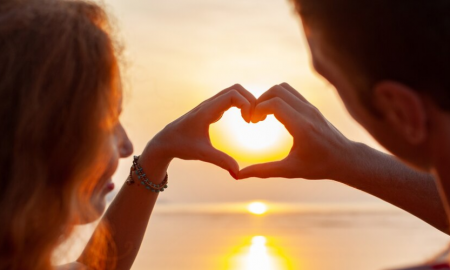
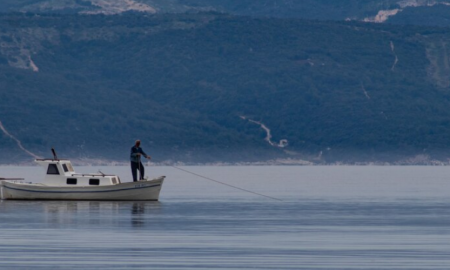










You must be logged in to post a comment Login